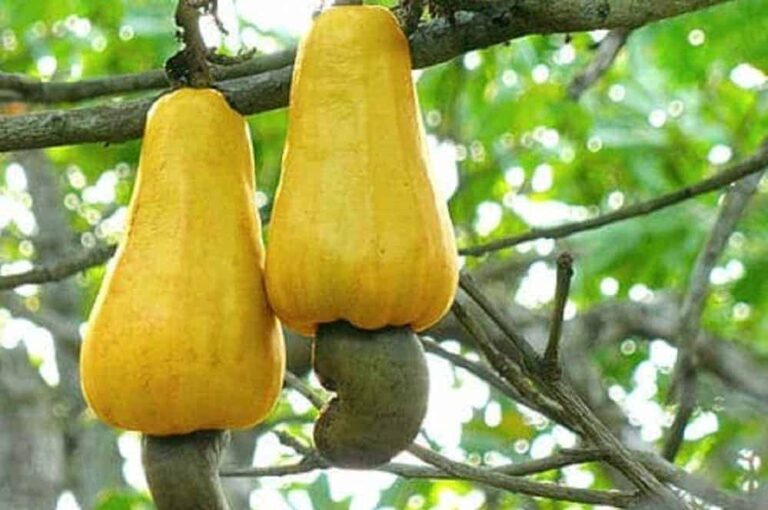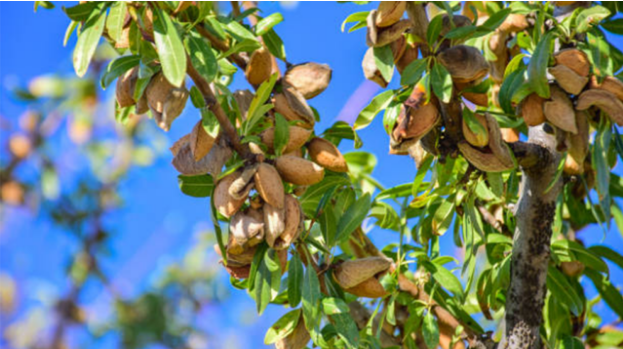Your cart is currently empty!
Climate Change And The Future Of The Edible Seed Industry
Climate change has been identified as one of the most pressing issues of our time. Its impacts have been felt across all sectors of society, including the edible seed industry. As climate change causes temperatures to rise, droughts to become more severe, and extreme weather will become more common. In this article, we will explore the impacts of climate change on the edible seed industry. Edible seeds include quinoa, chia, flax, pumpkin, and many more. The demand has grown as more people have turned to vegan and vegetarian diets.
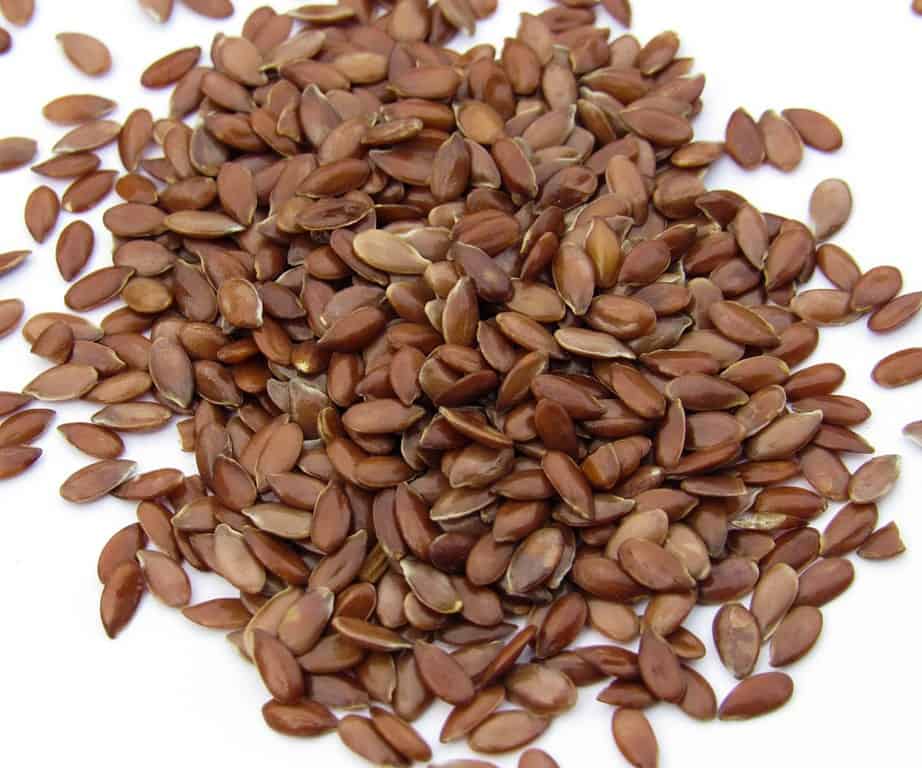
The Impact of Climate Change on the Edible Seed Industry
The edible seed industry is vulnerable to the impacts of climate change, particularly extreme weather events such as floods, droughts, and heat waves. These events can damage crops, reduce yields, and increase production costs. Climate change can also lead to changes in soil composition, water availability, and pollinator populations, all of which can significantly impact agricultural production. Additionally, as climate change continues to destabilize global temperatures, some areas may become too hot or cold for certain edible seeds to survive, further impacting the industry.
The edible seed industry is also at risk from the spread of invasive species, which can outcompete native species. Additionally, the increased frequency of extreme weather events can lead to increased soil erosion, reducing soil fertility and making it more difficult for edible seeds to grow. Finally, climate change can lead to changes in water availability, which can significantly impact the production of edible seeds.
Adaptation In The Seed Industry
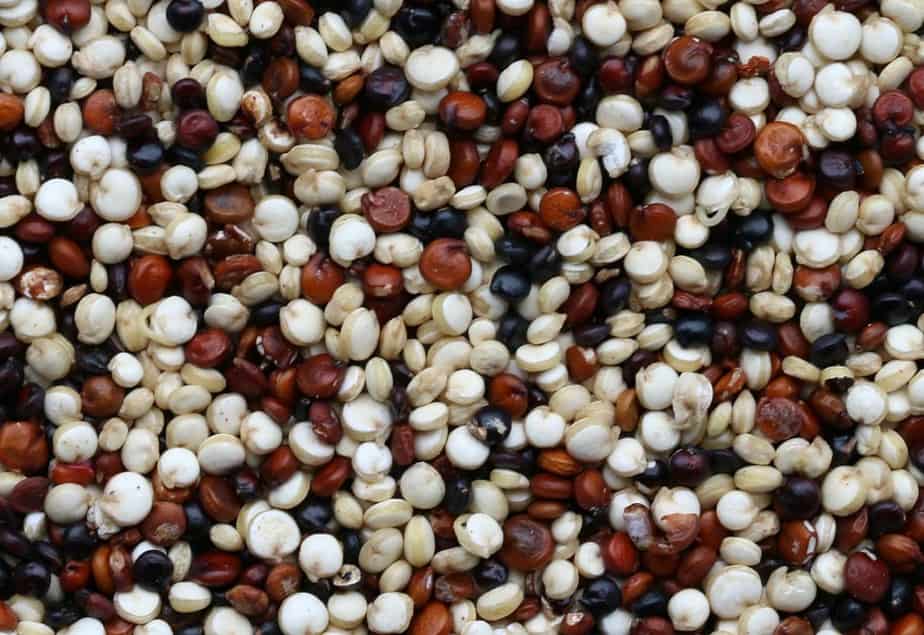
Governments and industries should study adaptation strategies to protect edible seed farmers going forward. These strategies include using drought and heat-resistant varieties of edible seeds, developing more efficient irrigation systems, and investing in more resilient farming methods. Additionally, farmers must consider implementing crop rotation and organic farming practices. This helps mitigate some of the effects of climate change on production outputs.
In addition to these strategies, farmers should consider investing in new technologies to help them better monitor and manage their crops. For example, sensors and data analytics can help farmers identify areas of their fields that are more vulnerable to climate change. Allowing them to adjust their farming practices accordingly. Additionally, investing in renewable energy sources, such as solar and wind power. Reducing the environmental impact of farming and helping farmers become more sustainable.
The Potential For New Technology In The Edible Seed Industry
The future of the edible seed industry will benefit from the development of new farming technologies. These technologies include precision agriculture techniques that help farmers accurately monitor soil conditions and determine optimal planting times. Additionally, new advances in genetic engineering are allowing for the development of seeds that can withstand extreme weather events. Finally, renewable energy sources can help provide farmers with more affordable and sustainable power sources.
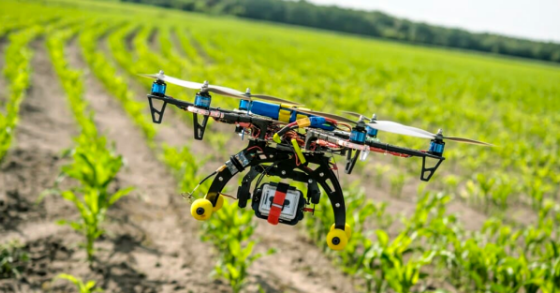
The Risks Of Climate Change For The Edible Seed Industry
As with any industry, climate change presents both risks and opportunities. The edible seed industry is facing increased costs due to extreme weather events and changes in soil composition. Additionally, there is the potential for new diseases and pests to emerge, which could further reduce yields. Finally, global temperatures are expected to rise, making it harder for certain edible seeds to survive in certain areas.

The Challenges of Growing Edible Seeds in a Changing Climate
Growing edible seeds in a rapidly changing climate present several challenges. For one, extreme weather events can damage crops and reduce yields. Additionally, changing temperatures can make it harder for certain edible seeds to survive in certain areas. Finally, changes in soil composition can affect nutrient availability and water availability for irrigation.
Strategies for Reducing the Impact of Climate Change on the Edible Seed Industry

Several strategies can be employed to reduce the impacts of climate change on the edible seed industry. These include using drought-resistant varieties of edible seeds, implementing crop rotation and organic farming practices, investing in more efficient irrigation systems, and investing in renewable energy sources such as solar and wind energy. Additionally, farmers should consider using precision agriculture techniques to monitor soil conditions and determine optimal planting times.
The Future Of Food And The Economic Implications of Climate Change
The economic implications of these climate change effects on the edible seed industry are far-reaching. Climate change can lead to increased costs due to extreme weather events and changes in soil composition. Additionally, there is an expectation that global temperatures will continue to rise, making it harder for certain varieties of edible seeds to survive in certain areas. This could lead to fewer crops being produced or reduced yields per crop.
The Potential for Renewable Energy in the Edible Seed Industry
Renewable energy sources such as solar and wind power can provide farmers with a more affordable and sustainable power source. This can help reduce production costs while also reducing greenhouse gas emissions. Additionally, renewable energy sources can help offset some of the negative climate change effects on crop production by providing a more reliable energy source.
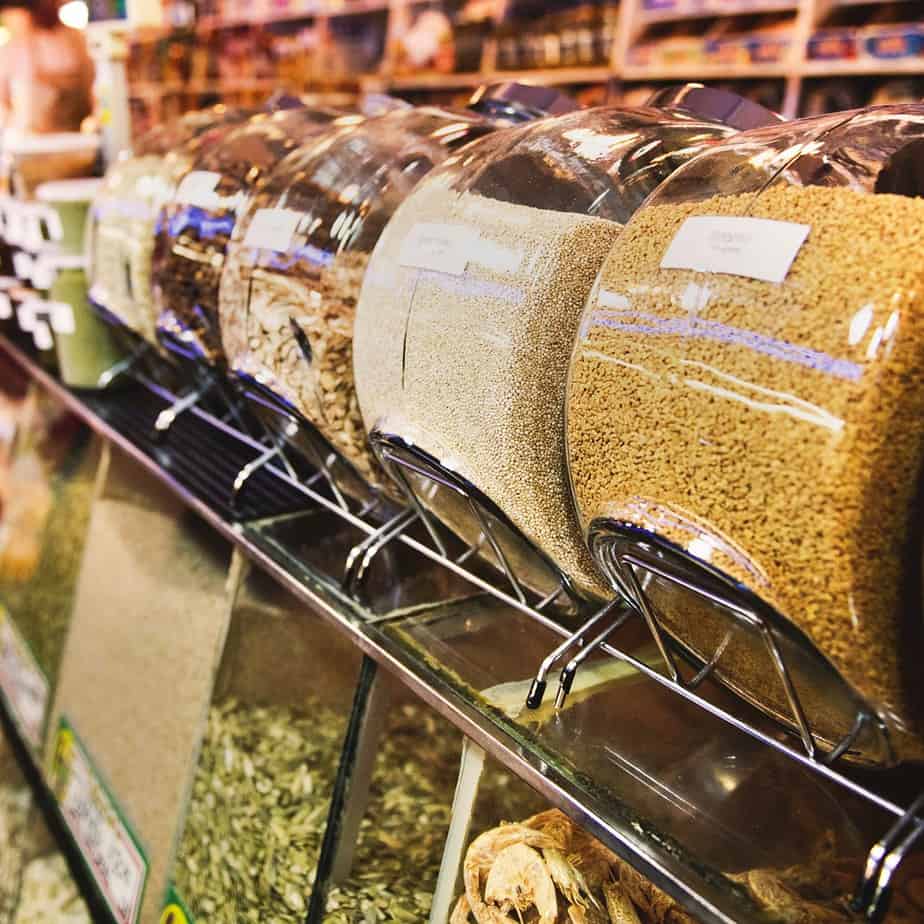
The Role Of Government In Protecting The Edible Seeds
Governments can play an important role in protecting the future of the edible seed industry in a changing climate. Governments can help fund research into new technologies to help farmers adapt to a changing climate. Additionally, governments can implement policies that incentivize renewable energy sources. Providing direct financial assistance to farmers impacted by extreme weather events. Finally, governments can also help fund programs that educate farmers about climate change effects.
Education In Preparing For The Future Of The Seed Industry

Educational programs are an important tool for helping farmers prepare for a changing climate. Programs should focus on teaching farmers how to use new technologies in their industry and strategies for adapting. Additionally, educational programs should focus on teaching farmers about renewable energy and other ways to reduce production costs. Offsetting the negative impacts of extreme weather events. Finally, educational programs should also focus on teaching farmers about new technologies in automated farming equipment and data analysis.
Climate change is an issue that affects us all, including those in the edible seed industry. To protect this important sector of our economy, we must explore ways to mitigate its impacts. Understanding the risks posed by obvious climate change effects and investing in sharing new technologies in an industry that has been slow to change. Finally, we can ensure that the future of the edible seed industry will remain productive and resilient in a changing climate.




